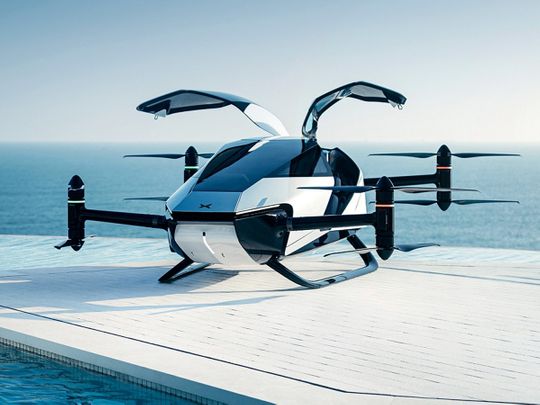
Are you ready to catch an eVTOL to the vertiport? If that sounded like gibberish, don’t worry, we’ll catch you up, since it’s something we’re all going to have to get used to very soon.
Click start to play today’s Crossword, where we explore electric cars and the greener future of automotive transport.
Electric cars are already here. Considered to be the biggest revolution in motoring since American automaker Henry Ford launched the first mass-produced car, the Model T in 1913, electric cars are quickly selling out around the world. And car makers are making sure they’re prepared for a more electric future. According to a June 2021 report by UK-based news website BBC, Jaguar plans to sell just electric cars from 2025, and Volvo will do the same from 2030. Even British sportscar company Lotus said it would follow suit, by selling only electric models from 2028.
Even as vehicles on the ground are moving towards greener modes of operation, automotive companies are planning exciting, greener travel by air. Flying taxis could be right around the corner!
Pronounced ‘ee-vee-tol’, eVTOLs are electric vertical takeoff and landing aircraft, and according to US-based management consultant organisation McKinsey & Company, they could be flying above cities around the world by 2030. The group estimates that leading companies in the advanced-air-mobility (AAM) industry could have bigger fleets – involving thousands of eVTOLs – and offer many more flights per day. Flights would average about 18 minutes travel time, with about six passengers on board.
Such an enormous operation, though, involves a number of operational and logistic considerations. Apart from ground processes, flight planning, and other aspects, the aircraft need a place to take off and land. So, the world could soon begin building and managing vertiports – dedicated sites for such aircraft. Passengers would stream in and out of terminals in less time than they would at airports, which means implications for security, efficiency and accessibility.
In Dubai, the Roads and Transport Authority is already anticipating travel by autonomous air vehicles, and signed a memorandum of understanding with Dubai Air Navigation Services to create an air corridor and step up the formulation of regulations surrounding this kind of travel.
Are you excited for a future with clean energy and new transport options? Play today’s Crossword and tell us at games@gulfnews.com.









